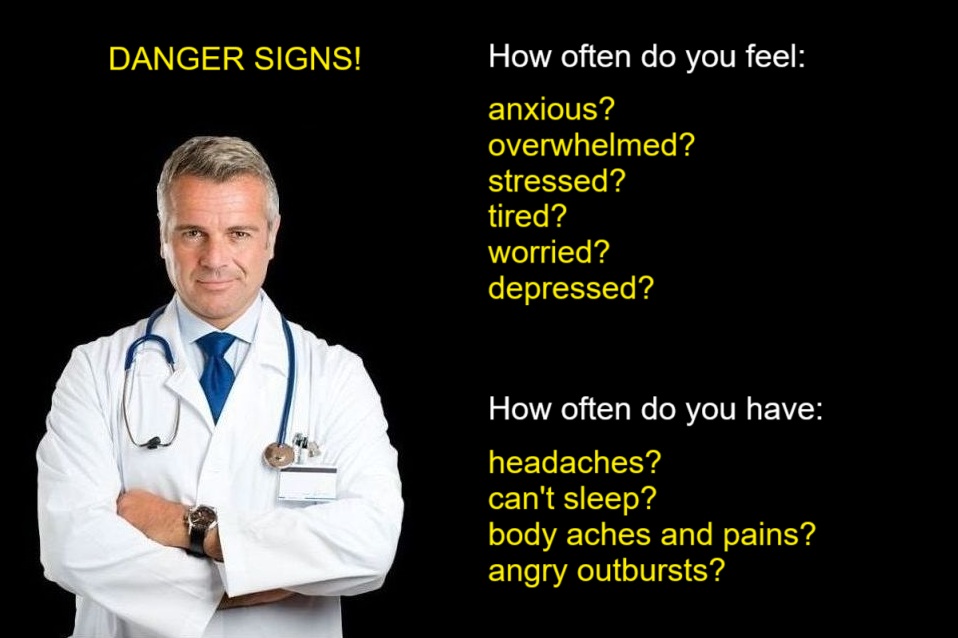The current economic landscape, characterized by inflation, job insecurity, and rising living costs, is placing immense pressure on individuals and families worldwide. This pressure isn’t just impacting wallets; it’s profoundly affecting mental well-being, specifically in the realm of emotional regulation. Mounting financial stress can literally rewire the brain, making individuals more susceptible to outbursts of anger, frustration, and general irritability. Understanding this neurological connection is crucial for navigating these challenging times and mitigating the potential for damaging emotional responses.
I. The Neuroscience of Financial Stress:
Financial stress isn’t just a feeling; it’s a physiological response that triggers a cascade of changes within the brain. These changes, over time, can alter brain structure and function, leading to a heightened sensitivity to stress and a decreased ability to manage emotions.
- The Amygdala’s Amplified Alarm: The amygdala, the brain’s emotional center responsible for processing fear and threat, becomes hyperactive under chronic financial stress. This heightened activity leads to an exaggerated perception of danger, causing individuals to react more intensely to perceived threats, even minor inconveniences. Imagine a car alarm that’s set too sensitive – it goes off at the slightest vibration, much like the amygdala under financial strain.
- The Prefrontal Cortex’s Diminished Control: The prefrontal cortex (PFC), the brain’s executive function center, is responsible for rational thought, decision-making, and impulse control. Chronic stress impairs the PFC’s ability to regulate the amygdala’s emotional responses. This weakened control results in impulsive behaviors, difficulty planning, and a diminished capacity for empathy, all of which can contribute to increased outbursts. It’s like having a faulty brake system on a car – you know you need to stop, but you can’t control the vehicle effectively.
- The Hippocampus’s Impaired Memory: The hippocampus, crucial for memory formation and contextualizing experiences, is also vulnerable to chronic stress. Financial anxiety can shrink the hippocampus, impacting its ability to regulate stress hormones and leading to difficulties in recalling positive memories or reframing stressful situations. This can result in a negative feedback loop, where individuals become trapped in a cycle of worry and despair.
- The HPA Axis Overdrive: The Hypothalamic-Pituitary-Adrenal (HPA) axis is the body’s primary stress response system. When faced with financial challenges, the HPA axis releases cortisol, the stress hormone. While cortisol is essential for short-term survival, chronic activation of the HPA axis due to persistent financial worries can lead to a dysregulation of the system. This dysregulation can manifest as chronic anxiety, fatigue, and increased susceptibility to both physical and mental health problems.
II. How Financial Stress Manifests as Outbursts and Frustration:
The neurological changes induced by financial stress translate into observable behavioral changes, particularly in the form of increased irritability, frustration, and outbursts.
- Reduced Frustration Tolerance: With an overactive amygdala and a weakened prefrontal cortex, individuals experiencing financial strain often exhibit a lower threshold for frustration. Minor setbacks, like a delayed bus or a spilled cup of coffee, can trigger disproportionately strong emotional reactions.
- Increased Irritability and Restlessness: The constant state of alert caused by financial anxiety can lead to a pervasive sense of unease and irritability. Individuals may become easily agitated by noise, interruptions, or even the presence of others.
- Difficulty Concentrating and Making Decisions: The impaired functioning of the prefrontal cortex makes it challenging to focus, plan, and make rational decisions. This can lead to impulsive spending, poor financial choices, and a sense of being overwhelmed.
- Relationship Strain and Conflict: Financial stress is a major contributor to relationship problems. The increased irritability, communication difficulties, and emotional unavailability associated with financial anxiety can create tension and conflict within families and partnerships. Feeling under pressure can alter peoples behaviour towards those closer to them.
- Increased Risk of Substance Abuse: Some individuals may turn to substances like alcohol or drugs as a coping mechanism for financial stress. This can lead to addiction and further exacerbate existing mental health problems.
III. Breaking the Cycle: Strategies for Coping with Financial Stress and Regaining Emotional Control:
While the neurological impact of financial stress can be significant, it’s not irreversible. With awareness and proactive strategies, individuals can mitigate the negative effects and regain control over their emotions.
- Acknowledge and Validate Your Feelings: The first step is to acknowledge and validate the stress you’re experiencing. Recognize that it’s normal to feel anxious, frustrated, and overwhelmed in the face of financial challenges. Suppressing these emotions can actually make them worse.
- Develop a Realistic Budget and Financial Plan: Taking control of your finances, even in small ways, can significantly reduce anxiety. Create a realistic budget, identify areas where you can cut back, and explore options for increasing your income.
- Practice Mindfulness and Relaxation Techniques: Mindfulness meditation, deep breathing exercises, and progressive muscle relaxation can help calm the nervous system and reduce the amygdala’s hyperactivity. Regular practice can gradually rewire the brain, making you more resilient to stress.
- Seek Professional Help: If financial stress is significantly impacting your mental health and relationships, consider seeking professional help from a therapist or counselor. Cognitive Behavioral Therapy (CBT) can be particularly effective in helping individuals manage anxiety and develop coping strategies.
- Build a Strong Support System: Connecting with friends, family, or support groups can provide emotional support and a sense of community. Sharing your concerns with others can help you feel less alone and more empowered to cope with challenges.
- Engage in Regular Physical Activity: Exercise is a powerful stress reliever. Regular physical activity releases endorphins, which have mood-boosting effects, and can help regulate the HPA axis.
- Prioritize Sleep and Nutrition: Adequate sleep and a healthy diet are crucial for both physical and mental well-being. Aim for 7-9 hours of sleep per night and focus on eating whole, unprocessed foods.
- Limit Exposure to Financial News: While it’s important to stay informed, constantly consuming negative financial news can exacerbate anxiety. Limit your exposure and focus on positive and uplifting content.
IV. The Role of Society and Policy:
Addressing the mental health consequences of financial stress requires a multi-faceted approach that includes individual strategies and societal interventions.
- Promote Financial Literacy: Education programs that teach individuals how to manage their finances effectively can significantly reduce financial anxiety.
- Strengthen Social Safety Nets: Providing access to affordable healthcare, housing assistance, and unemployment benefits can help alleviate financial hardship and reduce stress.
- Advocate for Fair Wages and Working Conditions: Ensuring that workers are paid a living wage and have access to benefits like paid sick leave can improve financial security and reduce stress.
- Reduce Stigma Around Mental Health: Creating a culture where individuals feel comfortable seeking help for mental health problems is essential.
In conclusion, financial stress can indeed rewire the brain, making individuals more prone to outbursts and frustration. However, by understanding the neurological mechanisms involved and implementing proactive coping strategies, individuals can regain control over their emotions and build resilience in the face of economic challenges. Furthermore, societal interventions that promote financial literacy, strengthen social safety nets, and reduce stigma around mental health are crucial for creating a more equitable and supportive environment for all. The economic tightrope is a difficult one to walk, but with knowledge, support, and proactive measures, we can navigate it with greater emotional stability and well-being.










